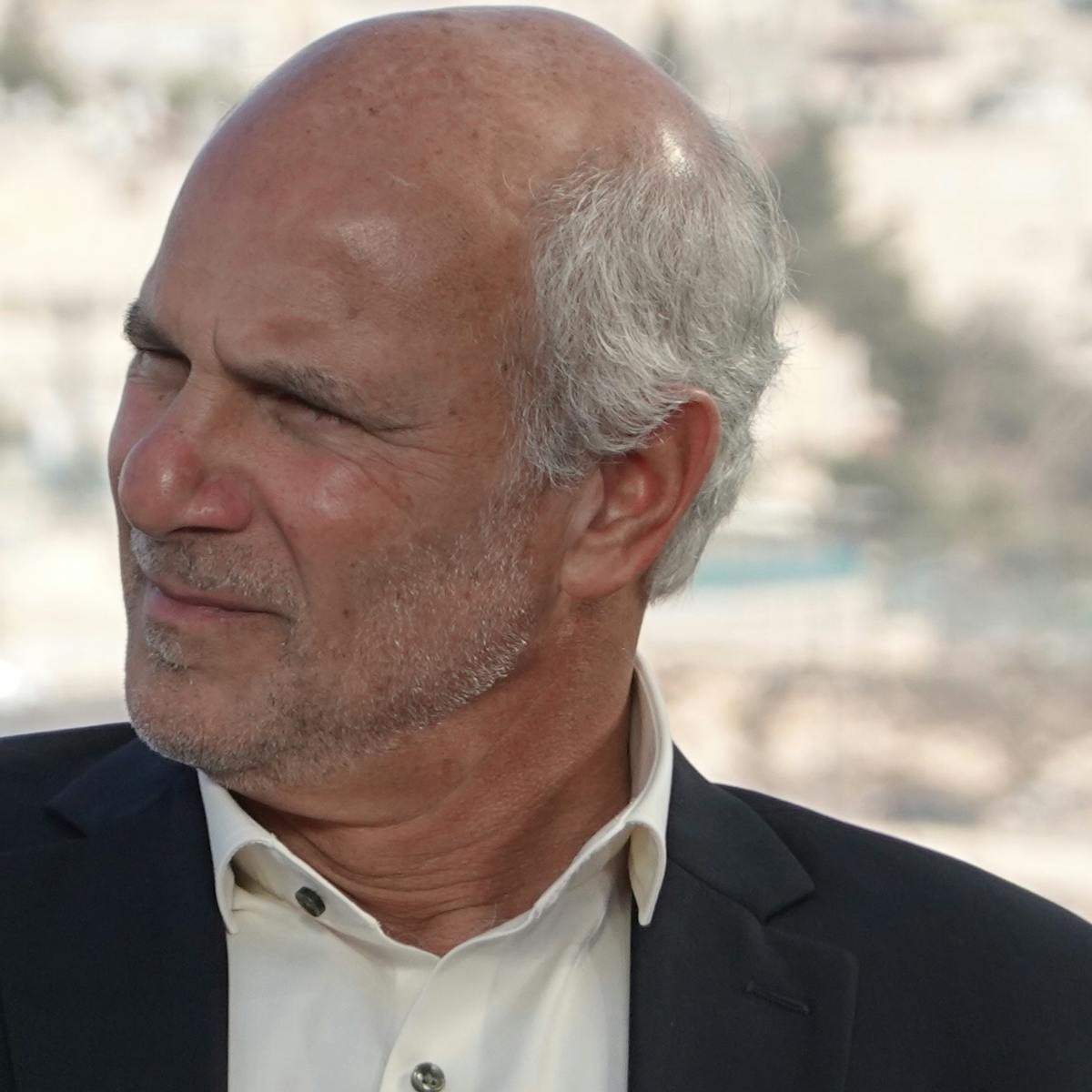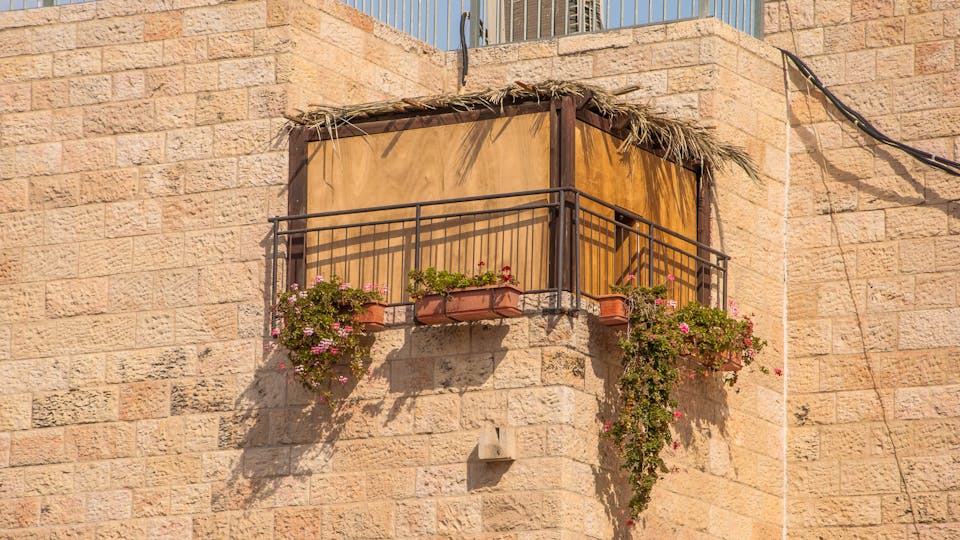Blessed Feast of Tabernacles

All over Israel Jewish families are getting ready for the special holiday of Sukkot, the Feast of Tabernacles. Each household will build a lightly constructed booth, a fabric tent made of four walls, and a see-through roof that lets the light of the stars shine through. The roof is called s’chach, and is usually formed from palm branches or other natural material.
It is customary to decorate the inside of the sukkah with colorful decorations and hanging fruits, and tradition says that during the Feast of Sukkot the sukkah becomes your temporary home where you eat, pray, play, and some even sleep. This act of “dwelling in the Sukkah,” as the Bible says, is an annual reminder for the people of Israel of their exodus from Egypt.
What is the deeper meaning of this holiday?
This holiday is the final and the longest of the seven biblical Feasts of the Lord is the Feast of Tabernacles, also known as the Feast of Booths, or Sukkot in the Hebrew language. While each one of God’s seven feasts tells a profound story with a spiritual meaning about God’s gracious and merciful plan of salvation for mankind, Tabernacles is the GRAND FINALE of them all.
The Bible says, “On the fifteenth day of the seventh month, when you have gathered in the produce of the land, you shall celebrate the feast of the Lord seven days. On the first day shall be a solemn rest, and on the eighth day shall be a solemn rest. And you shall take on the first day the fruit of splendid trees, branches of palm trees, and boughs of leafy trees, and willows of the brook, and you shall rejoice before the Lord your God seven days... You shall dwell in booths for seven days... that your generations may know that I made the people of Israel dwell in booths when I brought them out of the land of Egypt: I am the Lord your God.” (Lev. 23:39-43)
Starting five days following the Day of Atonement, this seventh feast brings to a conclusion the magnificent story of God’s plan for mankind as it is reflected in Israel’s history and fulfilled in the Messiah. While feasts 1-4 tell of Messiah’s sacrificial death, burial, resurrection, ascension, and outpouring of His Spirit, and feasts 5-6 point towards Israel’s redemption, it is the seventh feast that declares the Lord’s return as King of Kings and Lord of Lords to bring His glorious kingdom to earth.
There is no fasting involved in this feast, no prohibition or the institution of special foods, and no particular protocol other than dwelling in festive booths, celebrating with our families, and bringing our offerings to God. In short, it’s a happy time!

Appearing many times in the Bible, Tabernacles is one of the three pilgrimage-feasts when all the men of Israel were commanded to come up to Jerusalem to “appear before the Lord your God in the place which He shall choose.” (Deut 16:16)
This was the time of year when Solomon’s glorious Temple was dedicated, and when Ezra and the Levites publically read the Law of Moses in the hearing of the Israelites who had returned to Jerusalem from Babylon.
The feast of Tabernacles takes place during the time of the fall harvest, filling up the barns with fresh produce, and celebrating God’s faithfulness. With hundreds of thousands of pilgrims filling up the streets of Jerusalem in bible times with joy and celebration, the atmosphere was very similar to what we experience in modern times as many Christians from all over the world arrive to celebrate the feast in Jerusalem.
The reason so many come up to Jerusalem each year is to “rehearse” the great and future international worship gatherings prophesied in the book of Zechariah chapter 14:16, saying, “And it shall come to pass that everyone who is left of all the nations which came against Jerusalem shall go up from year to year to worship the King, the LORD of hosts, and to keep the Feast of Tabernacles.”
In the gospel of John, we read that it was during the Feast of Tabernacles that Jesus declared in the Temple courts, “If anyone thirsts, let him come to me and drink. He who believes in Me, as the Scripture has said, out of his heart will flow rivers of living water.”
(John 7:37–39). No doubt, Jesus was making reference to the water pouring ceremony that was observed in the Temple during Tabernacles, while the congregation was singing, saying, “Therefore with joy you will draw water From the wells of salvation.” (Isaiah 12:3).
Not only is the feast of Tabernacles a celebration of God’s past deliverance from Egypt, but it also points to the greater and future deliverance, the “Grand Finale” of God’s salvation plan for all humanity.
This great annual celebration points to the time when the nation of Israel shall be redeemed and revived; her enemies defeated, and all nations shall be summoned to worship the Lord God in Jerusalem year after year!
God bless you and yours during this Tabernacles celebration.
We look forward to seeing you in Israel soon.
Your Sar-El team